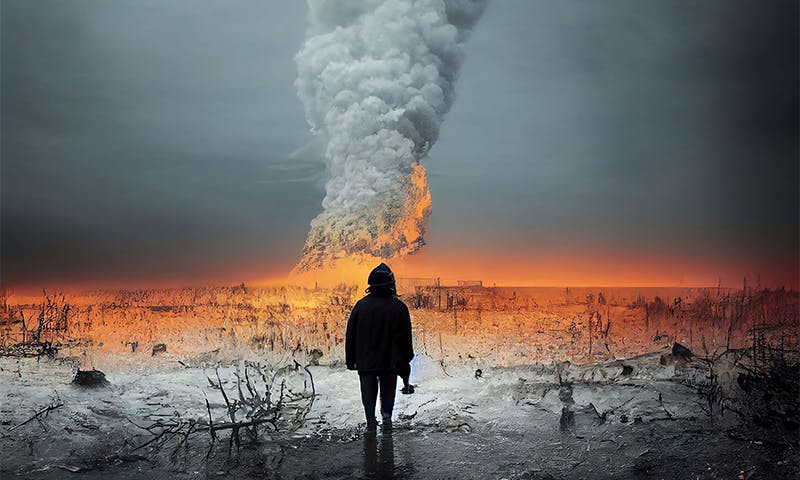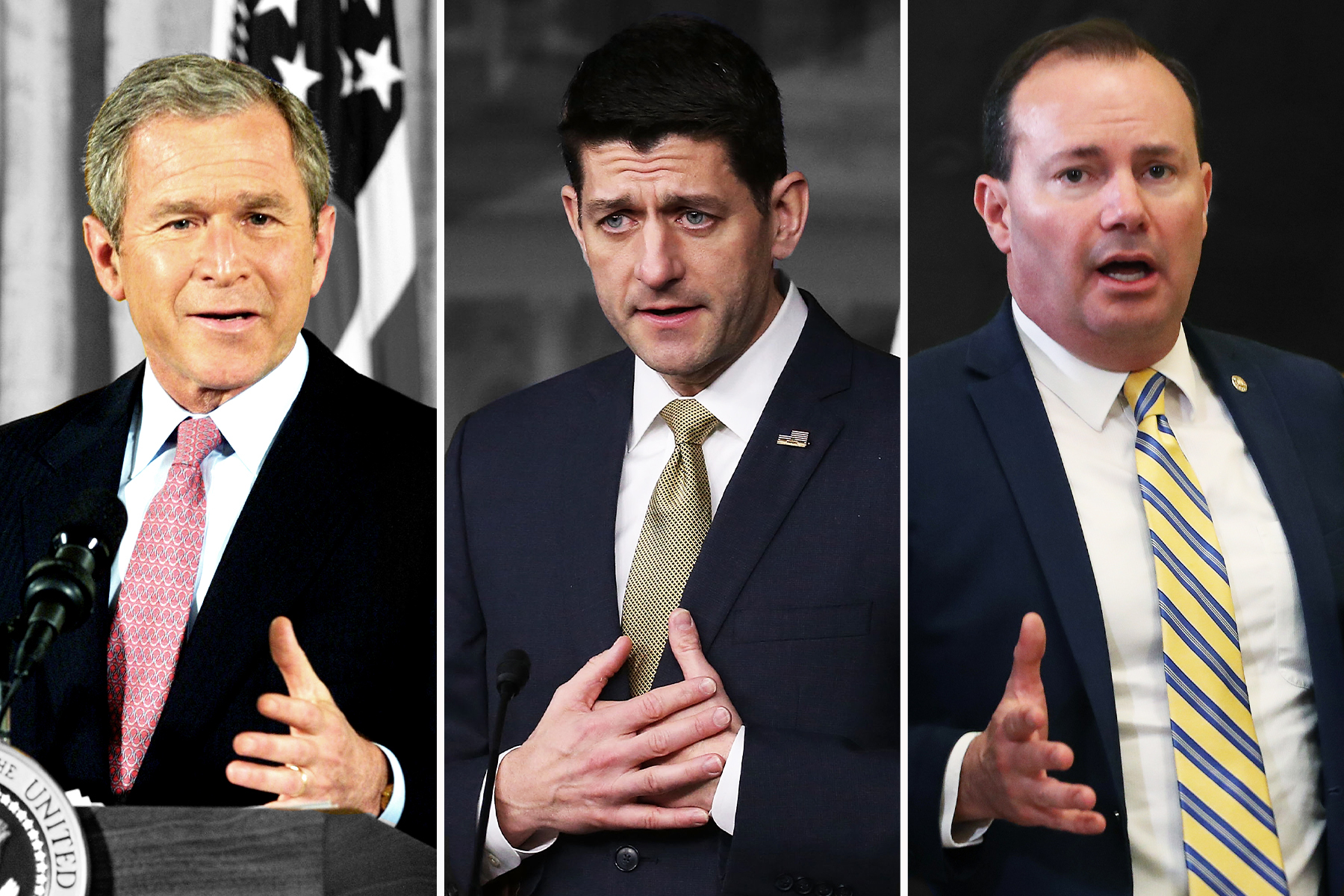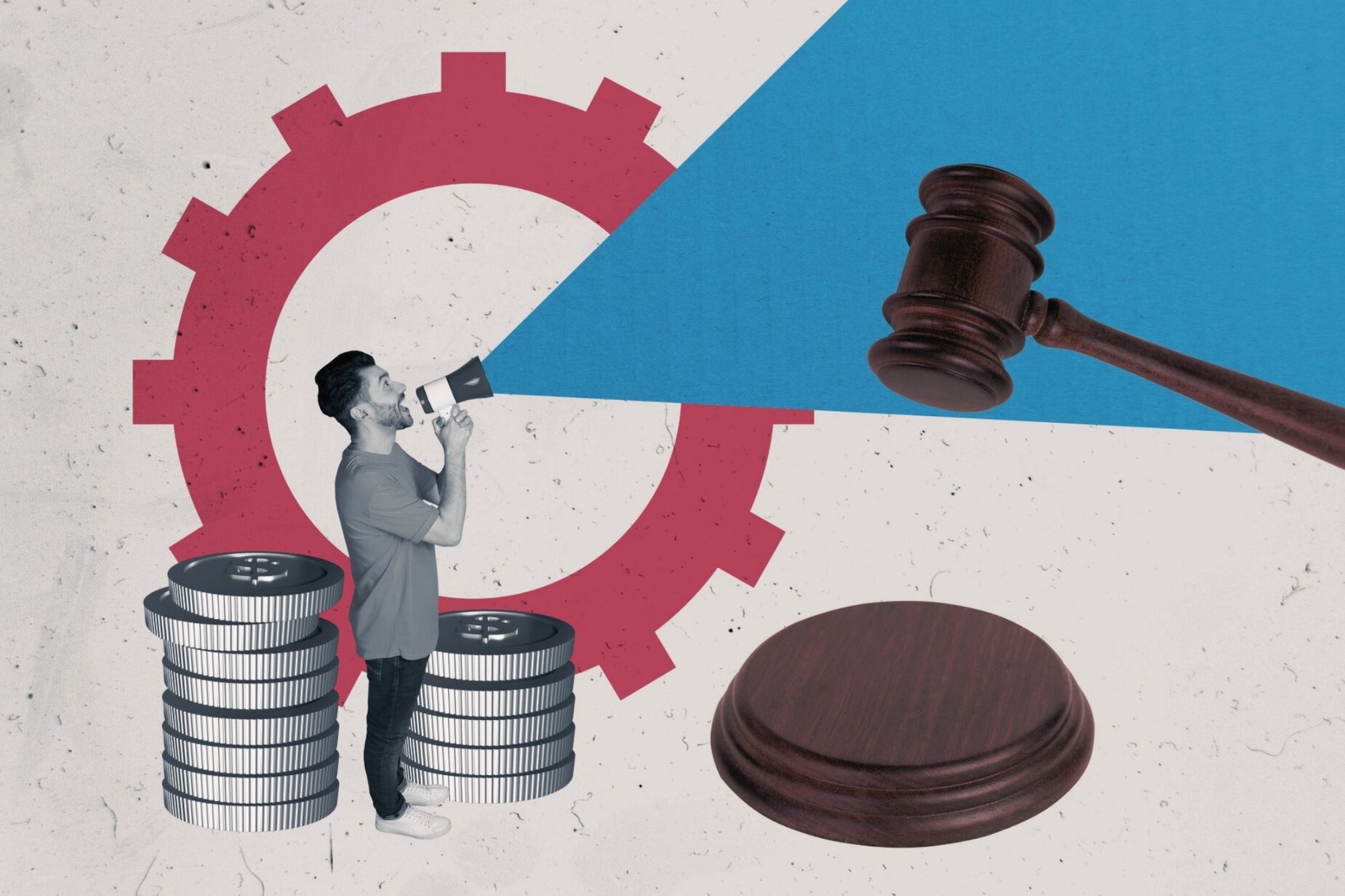I’ve known Dan Brooks for 40 years now. Somehow we’re still talking to each other.
We’ve followed radically different trajectories since first meeting back in the ’80s. Over the decades, Dan built a truly impressive rap sheet as an evolutionary biologist, with over 400 papers and book chapters, seven books, and too many awards, fellowships, and distinctions to count on your fingers and toes. I, in contrast, left an academic career in marine biology in a huff (industry funding came with, shall we say, certain a priori preferences concerning the sort of results we’d be reporting) and became a science-fiction writer. It’s a position from which, ironically, I’ve had more influence on actual scientists than I ever did as an academic—admittedly a low bar to clear.
And yet our paths continue to intersect. Dan offered me a post-doc in his lab around the turn of the century (DNA barcoding—I really, really sucked at it). A few years later I helped him relocate to Nebraska, leading to an encounter with the armed capuchins of the United States Border Patrol and eventual banishment from that crumbling empire. The protagonist of my novel Echopraxia is a parasitologist suspiciously named Daniel Brüks. And I once ended up one creepy handshake away from Viktor Orbán, when Dan finagled a speaking gig for me at Hungary’s iASK Symposium.
The dance continues. Sometimes we hug like brothers. Sometimes we feel like punching each other’s lights out (also, I suppose, like brothers). But one thing we never do is bore each other—and whenever Dan’s in town, we manage to meet up at a pub somewhere to reconnect.
What follows is an edited record of one such meeting, more formal than most, which took place shortly after the publication of A Darwinian Survival Guide, authored by Dan and evolutionary biologist Salvatore Agosta.
In this corner, the biosphere. We’ve spent a solid year higher than 1.5 degrees Celsius; we’re wiping out species at a rate of somewhere between 10,000 and 100,000 annually; insect populations are crashing; and we’re losing the West Antarctic Ice Sheet, no matter what we do at this point. Alaskapox has just claimed its first human victim, and there are over 15,000 zoonoses expected to pop up their heads and take a bite out of our asses by the end of the century. And we’re expecting the exhaustion of all arable land around 2050, which is actually kind of moot because studies from institutions as variable as MIT and the University of Melbourne suggest that global civilizational collapse is going to happen starting around 2040 or 2050.
In response to all of this, the last COP (Conference of the Parties, the annual international climate change meeting held by the United Nations) was held in a petrostate and was presided over by the CEO of an oil company; the next COP is pretty much the same thing. We’re headed for the cliff, and not only have we not hit the brakes yet, we still have our foot on the gas. In that corner: Dan Brooks and Sal Agosta, with a Darwinian survival guide. So, take it away, Dan. Guide us to survival. What’s the strategy?
Well, the primary thing that we have to understand or internalize is that what we’re dealing with is what is called a no-technological-solution problem. In other words, technology is not going to save us, real or imaginary. We have to change our behavior. If we change our behavior, we have sufficient technology to save ourselves. If we don’t change our behavior, we are unlikely to come up with a magical technological fix to compensate for our bad behavior. This is why Sal and I have adopted a position that we should not be talking about sustainability, but about survival, in terms of humanity’s future. Sustainability has come to mean, what kind of technological fixes can we come up with that will allow us to continue to do business as usual without paying a penalty for it? As evolutionary biologists, we understand that all actions carry biological consequences. We know that relying on indefinite growth or uncontrolled growth is unsustainable in the long term, but that’s the behavior we’re seeing now.
Stepping back a bit, Darwin told us in 1859 that what we had been doing for the last 10,000 or so years was not going to work. But people didn’t want to hear that message. So along came a sociologist who said, “It’s OK; I can fix Darwinism.” This guy’s name was Herbert Spencer, and he said, “I can fix Darwinism. We’ll just call it natural selection, but instead of survival of what’s-good-enough-to-survive-in-the-future, we’re going to call it survival of the fittest, and it’s whatever is best now.” Herbert Spencer was instrumental in convincing most biologists to change their perspective from “evolution is long-term survival” to “evolution is short-term adaptation.” And that was consistent with the notion of maximizing short term profits economically, maximizing your chances of being reelected, maximizing the collection plate every Sunday in the churches, and people were quite happy with this.
Well, fast-forward and how’s that working out? Not very well. And it turns out that Spencer’s ideas were not, in fact, consistent with Darwin’s ideas. They represented a major change in perspective. What Sal and I suggest is that if we go back to Darwin’s original message, we not only find an explanation for why we’re in this problem, but, interestingly enough, it also gives us some insights into the kinds of behavioral changes we might want to undertake if we want to survive.
Why is it that human beings are susceptible to adopting behaviors that seem like a good idea and are not?
To clarify, when we talk about survival in the book, we talk about two different things. One is the survival of our species, Homo sapiens. We actually don’t think that’s in jeopardy. Now, Homo sapiens of some form or another is going to survive no matter what we do, short of blowing up the planet with nuclear weapons. What’s really important is trying to decide what we would need to do if we wanted what we call “technological humanity,” or better said “technologically-dependent humanity,” to survive.
Put it this way: If you take a couple of typical undergraduates from the University of Toronto and you drop them in the middle of Beijing with their cell phones, they’re going to be fine. You take them up to Algonquin Park, a few hours’ drive north of Toronto, and you drop them in the park, and they’re dead within 48 hours. So we have to understand that we’ve produced a lot of human beings on this planet who can’t survive outside of this technologically dependent existence. And so, if there is the kind of nature collapse that the Melbourne Sustainable Studies Institute is talking about, how are those people going to survive?
A completely dispassionate view would just say, “Well, you know, most of them won’t. Most of them are going to die.” But what if it turns out that we think that embedded within all of that technologically dependent society there are some good things? What if we think that there are elements of that existence that are worth trying to save, from high technology to high art to modern medicine?
In my particular case, without modern medical knowledge, I would have died when I was just 21 years old of a burst appendix. If I had managed to survive that, I would have died in my late 50s from an enlarged prostate. These are things most would prefer not to happen. What can we begin doing now that will increase the chances that those elements of technologically-dependent humanity will survive a general collapse, if that happens as a result of our unwillingness to begin to do anything effective with respect to climate change and human existence?
So to be clear, you’re not talking about forestalling the collapse—
No.
—you’re talking about passing through that bottleneck and coming out the other side with some semblance of what we value intact.
Yeah, that’s right. It is conceivable that if all of humanity suddenly decided to change its behavior, right now, we would emerge after 2050 with most everything intact, and we would be “OK.” We don’t think that’s realistic. It is a possibility, but we don’t think that’s a realistic possibility. We think that, in fact, most of humanity is committed to business as usual, and that’s what we’re really talking about: What can we begin doing now to try to shorten the period of time after the collapse, before we “recover”?
In other words—and this is in analogy with Asimov’s Foundation trilogy—if we do nothing, there’s going to be a collapse and it’ll take 30,000 years for the galaxy to recover. But if we start doing things now, then it maybe only takes 1,000 years to recover. So using that analogy, what can some human beings start to do now that would shorten the period of time nece


















